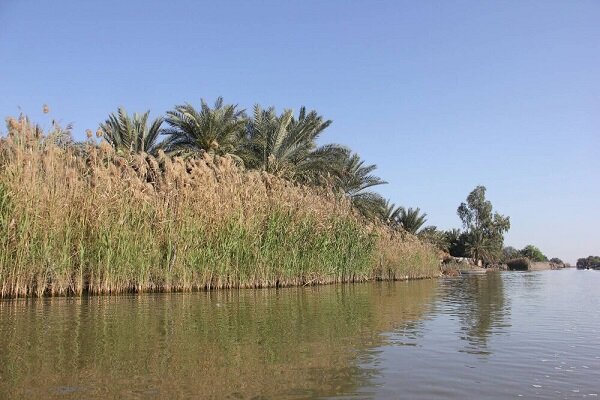The Ramsar Convention was the first of the modern instruments seeking to conserve natural resources on a global scale. It is still the only worldwide treaty that restrains the countries joining it from the unthinking, selfish exploitation of their sovereign natural patrimony.
It is concerned with the most threatened group of habitats, the wetlands. These are shallow open waters - lakes, ponds, rivers, and coastal fringes - and any land which is regularly or intermittently covered or saturated by water - marshes, bogs, swamps, flood plains, and the like.
Surprisingly, the word ‘Ramsar’ has been deleted from the logo designed on the occasion of the 50th anniversary of the international treaty.
This decision, taken knowingly or unknowingly, is a major fault that could distort the history and undermine the identity of such an important agreement.
As the theme of the event for 2021 denotes “Inseparable Water, Wetlands, and Life”, all elements of the convention, including the place in which it came to existence, are inseparable and should be safeguarded.
Iran currently has 25 sites designated as Wetlands of International Importance (Ramsar Sites), covering a surface area of 1,488,624 hectares.
On the last Thursdays of the month, NGOs in the country hold cultural programs, dialogue, content production, and film with the theme of “Thursdays with Wetlands” aiming for introducing wetlands and their values and functions and promoting the wise use of wetlands.
Conserving wetlands brings us measurably closer to finding solutions to some of the world’s greatest threats, including water pollution, flooding, sea-level rise, and biodiversity loss. Wetlands are important to all aspects of our life - they feed us, protect us, and provide us clean water. They are highly biodiverse and are dynamic systems that we can always learn more about. They are incredible!
First Time Published in Tehran Times.

























Your Comment